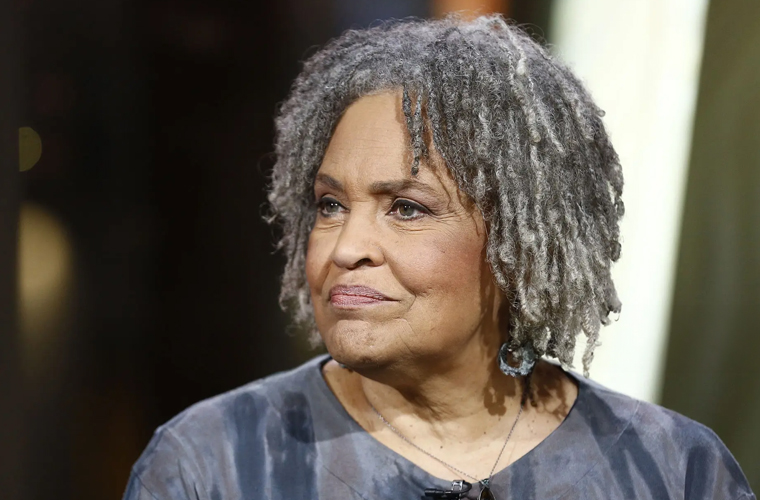Charlayne Hunter-Gault is an esteemed journalist and author who has made significant contributions to the field of media and communications. With a career spanning several decades, she has been a trailblazer in the industry, breaking down barriers and paving the way for future generations of journalists.
Born on February 27, 1942, in Due West, South Carolina, Hunter-Gault was raised in a segregated community during a time of significant racial tension in the United States. Despite the challenges she faced, she pursued her education with determination and resilience, ultimately attending the University of Georgia, where she became the first African American woman to graduate from the institution.
After completing her studies, Hunter-Gault embarked on a career in journalism, working for various publications and media outlets. In 1961, she joined the staff of The New Yorker, where she covered a wide range of topics, including civil rights and social justice issues. Her insightful reporting and compelling storytelling quickly garnered attention, establishing her as a respected voice in the industry. In 1962, Hunter-Gault made history once again when she became one of the first two African American students to enroll at the University of Georgia, following a legal battle to desegregate the institution. Her courageous pursuit of higher education in the face of adversity demonstrated her unwavering commitment to equality and justice.
Throughout her career, Hunter-Gault has worked for esteemed news organizations such as The New York Times and PBS, where she served as the network’s chief correspondent in Africa. Her extensive coverage of the continent’s political and social developments earned her widespread acclaim and solidified her reputation as an authority on international affairs. In addition to her work in journalism, Hunter-Gault is also an accomplished author, having written several books that explore issues related to race, identity, and social change. Her insightful perspectives and thought-provoking analysis have contributed to important conversations about diversity and inclusion in media and beyond.
Hunter-Gault’s impact extends beyond her professional achievements; she has also been a dedicated advocate for education and mentorship. Through her involvement with various organizations and initiatives, she has worked to empower aspiring journalists and promote diversity within the media industry.

In recognition of her outstanding contributions, Hunter-Gault has received numerous accolades and honors throughout her career, including multiple Emmy Awards and a Peabody Award for her exceptional journalism. She has also been inducted into the National Association of Black Journalists Hall of Fame, further cementing her legacy as a pioneering figure in the field.
As a trailblazer, advocate, and storyteller, Charlayne Hunter-Gault has left an indelible mark on the world of journalism. Her unwavering commitment to truth, justice, and equality continues to inspire and empower generations of journalists and change-makers. Through her work, she has not only shattered barriers but also opened doors for others to follow in her footsteps, ensuring that diverse voices are heard and represented in media and beyond.


